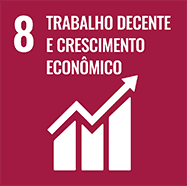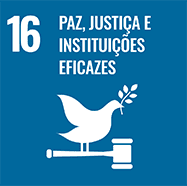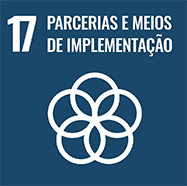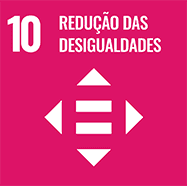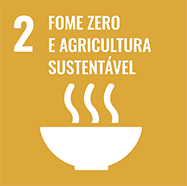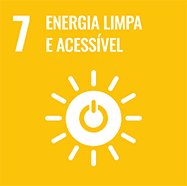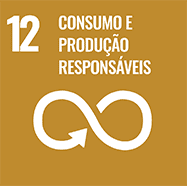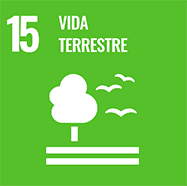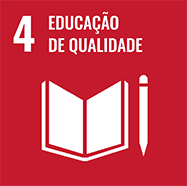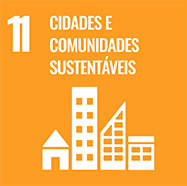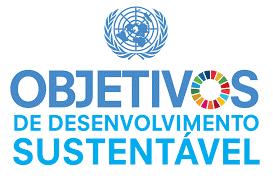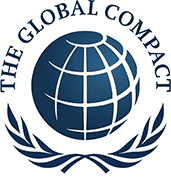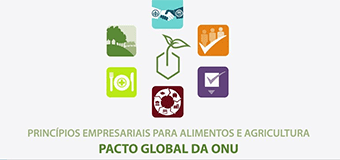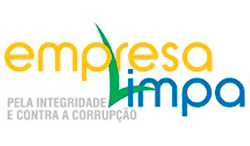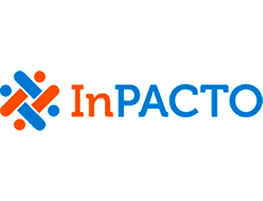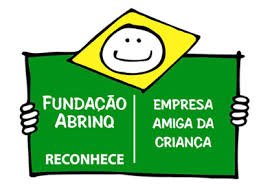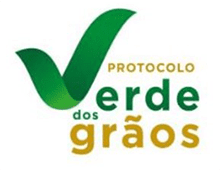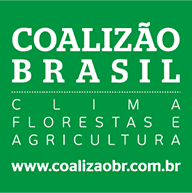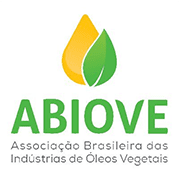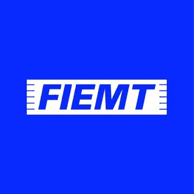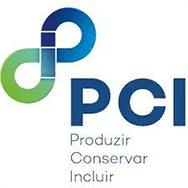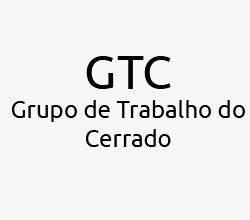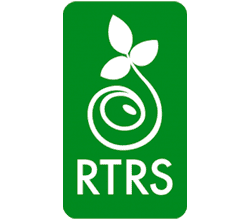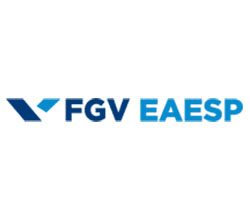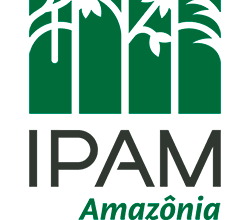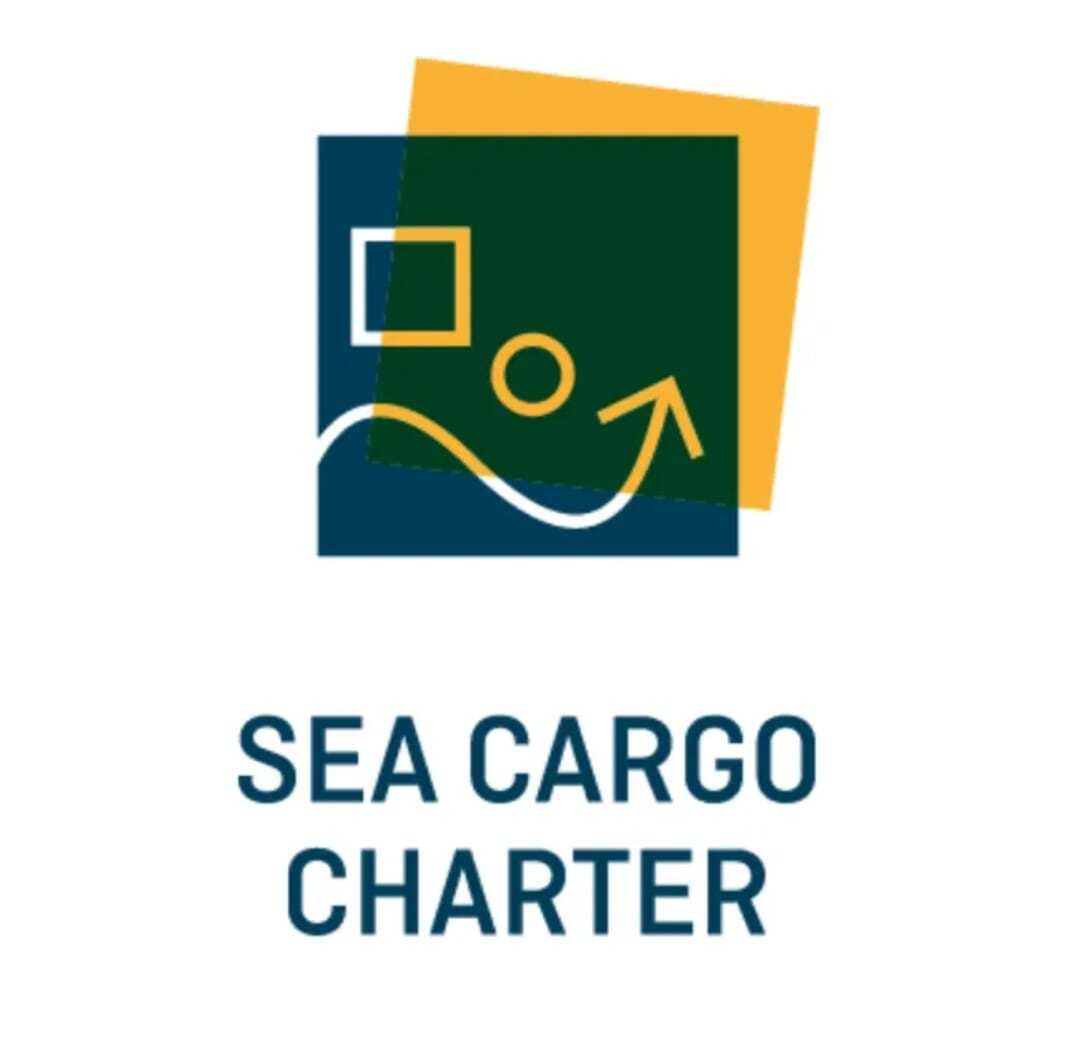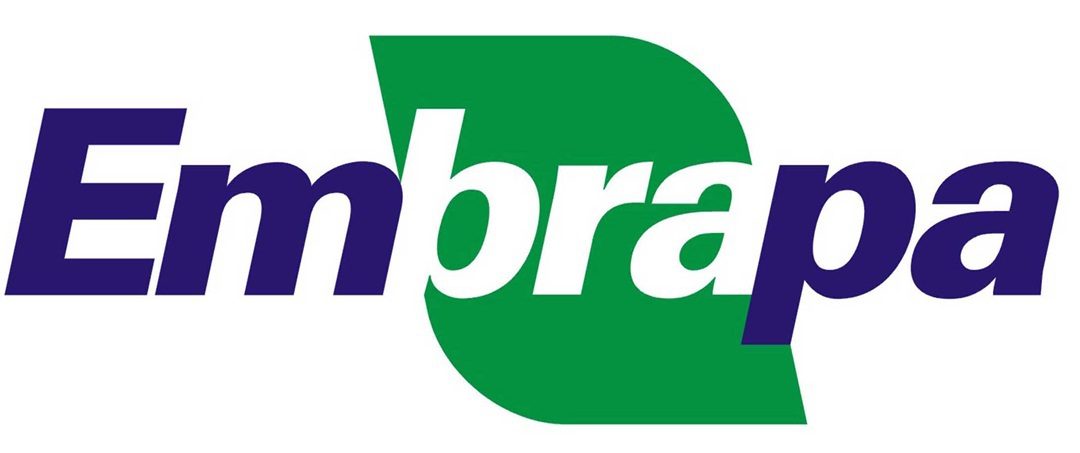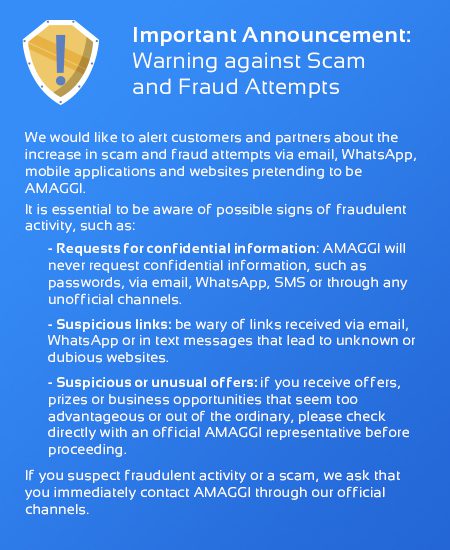Ensuring good governance and transparency of its operations, through legal compliance and risk management;
Global Sustainability
Positioning
Performance consistent with the Sustainable Development Goals (SDGs) is only possible in partnership with the civil society, non-governmental organizations, suppliers, customers, government and others.
It is with this vision that we launched, in 2017, the Global Sustainability Positioning. The objective is to provide clarity and transparency of our sustainability strategy to all stakeholders.
We also want to deepen the synergy of our operations around the world, keeping them aligned with the Company`s Mission, Vision and Values, as well as with the organization’s business plan.
Our positioning is based on the following principles:
Show less-
1º
-
2º
Be economically viable, add value to shareholders and employees, and share value with society, contributing to local development;
-
3º
Be socio-environmentally responsible and promote the continuous improvement of socio-environmental management in its operations and value chain;
-
4º
Promote respect for human rights and decent work in its operations and value chain;
-
5º
Promote the personal and professional growth of its employees, valuing diversity and seeking continuous improvement of working conditions, health and safety;
-
6º
Contribute to the promotion of food and nutrition security.
Based on the Global Positioning, the Sustainability Plan was created and it
addresses current issues for AMAGGI and stakeholders, including current material issues.

